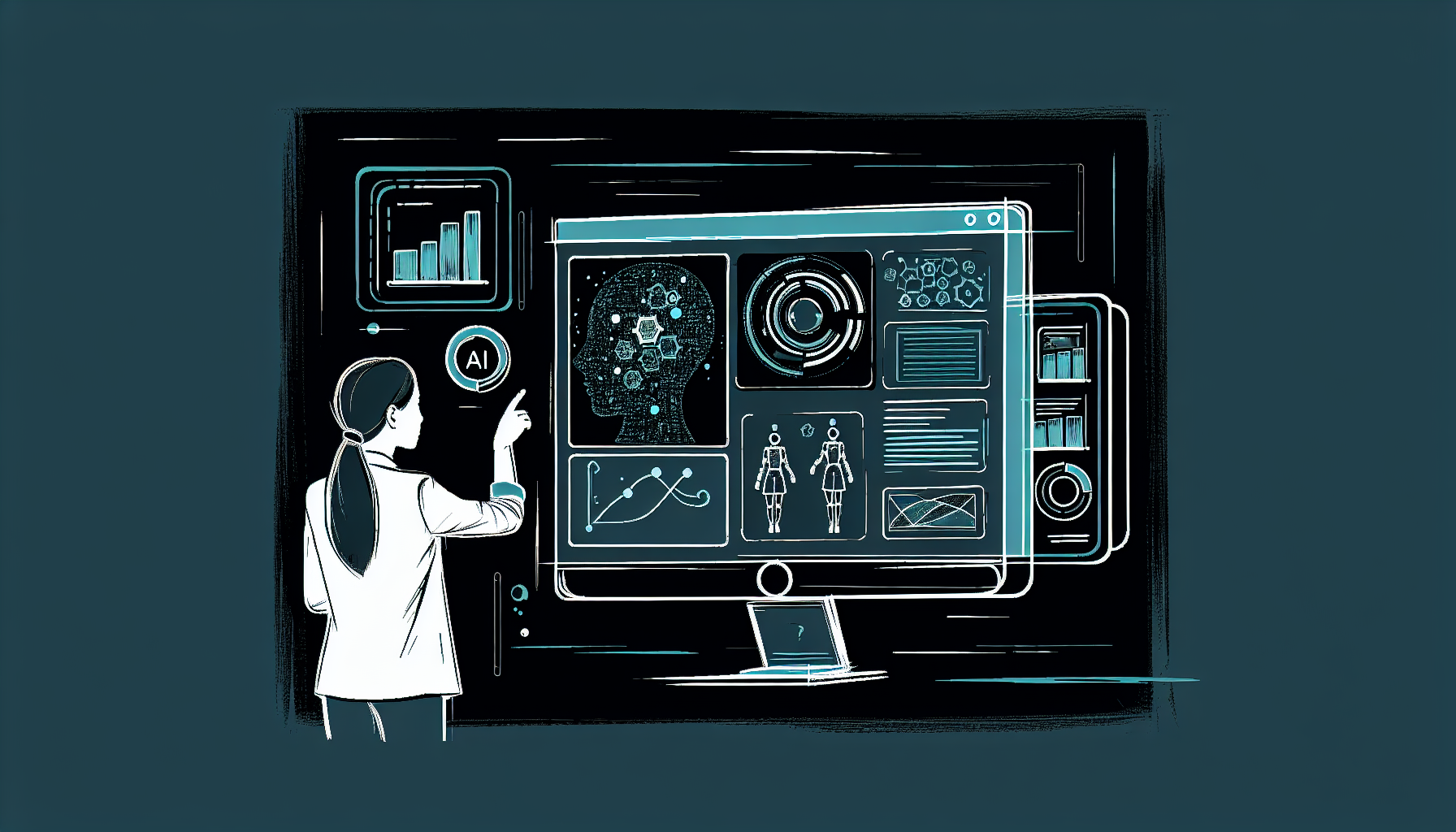# Exploring Gemini 2.0: Google's Leap in AI Research Tools
The landscape of artificial intelligence (AI) is evolving with unprecedented speed, and Google's latest update to its AI research tool, Gemini 2.0, is a testament to this rapid advancement. This comprehensive exploration will delve into the features, implications, and potential of Gemini 2.0, providing tech professionals and business leaders with a deep understanding of how this tool can revolutionize AI research and development.
Overview of Gemini 2.0
Gemini 2.0 represents a significant upgrade from its predecessor, focusing on enhancing user experience, increasing the tool's capabilities, and expanding accessibility to a broader range of researchers and developers. Gemini 2.0 is designed to facilitate more efficient and deeper AI research, enabling users to push the boundaries of what's possible with AI technologies.
#
Key Features
- Enhanced Data Processing: Gemini 2.0 can handle larger datasets more efficiently, allowing for more complex experiments and simulations.
- Improved User Interface: The tool now offers a more intuitive user interface, making it accessible to both experienced researchers and newcomers in the field.
- Collaboration Tools: Enhanced features for collaboration enable teams to work together seamlessly, irrespective of their physical location.
Impact on AI
Looking to implement AI in your business? Our AI Automation Playbooks provide step-by-step guidance for seamless integration.
Research
Gemini 2.0 is not just a tool; it's a platform that could potentially reshape the entire field of AI research. By providing advanced capabilities and ease of use, it allows researchers to experiment more freely and achieve results more quickly.
#
Accelerating Innovation
With Gemini 2.0, AI researchers can iterate on their projects more rapidly. This acceleration in the research process can lead to quicker discoveries and more immediate applications of AI technology in real-world scenarios.
#
Bridging the Gap
Gemini 2.0 also plays a crucial role in democratizing AI research. By making advanced research tools accessible to a broader audience, it enables a wider range of scientists and developers to contribute to the field of AI, ensuring a diversity of thought and innovation.
Practical Applications and Case Studies
To better understand the practical applications of Gemini 2.0, let's explore a few case studies where this tool has been effectively utilized.
#
Case Study 1: Healthcare Innovations
In one notable instance, a team of biomedical researchers used Gemini 2.0 to develop a new algorithm for predicting patient outcomes based on genetic data. The tool's ability to handle large datasets and complex algorithms allowed the team to cut down the research time by half compared to previous tools.
#
Case Study 2: Autonomous Vehicle Development
Another application involved a tech company specializing in autonomous vehicles. They employed Gemini 2.0 to simulate and analyze road scenarios much faster than before. This capability enabled them to refine their algorithms continually and enhance the safety features of their vehicles significantly.
Challenges and Considerations
While Gemini 2.0 offers substantial benefits, it also comes with its set of challenges that need to be addressed to maximize its potential.
#
Data Privacy and Security
As with any tool that handles large amounts of data, ensuring the privacy and security of that data is paramount. Users of Gemini 2.0 need to implement robust security measures to protect sensitive information.
#
Technical Complexity
Despite improvements in user interface, the technical complexity of Gemini 2.0 can still be daunting for those new to the field. Organizations must provide adequate training and support to help users fully leverage the tool's capabilities.
Future Directions
Looking ahead, Gemini 2.0 is set to continue evolving. Future updates may include even more powerful data processing capabilities, better integration with other AI tools, and more features that enhance collaborative research.
#
Expanding the Ecosystem
Google may also look to expand the ecosystem around Gemini 2.0 by integrating it with other platforms and technologies, such as cloud computing services and specialized hardware for AI research.
Further Reading
Expand your knowledge with these related articles from our experts:
- Brave vs. News Corp: A Landmark Case for AI and Copyright - Dive deeper into digital innovation insights
- AI in School Surveillance: Safeguarding or Overstepping? - Dive deeper into digital innovation insights
- Geospatial AI: Niantic's Pivot to Redefine Mapping Tech - Dive deeper into digital innovation insights
- Lenovo's Dual Innovations: Solar Tech Meets Multi-Screens - Dive deeper into technology insights
Want exclusive access to advanced insights? Check out our Pro Membership for premium content and tools. Members get 50% off all digital products.
Conclusion
Gemini 2.0 is more than just an upgrade—it is a significant leap forward in the capabilities available to AI researchers. By making powerful tools more accessible, Google is not only advancing the state of AI research but is also ensuring that this technology can be used to solve real-world problems more effectively. As we continue to explore and expand the potential of AI, tools like Gemini 2.0 will play a pivotal role in shaping the future of technology.
